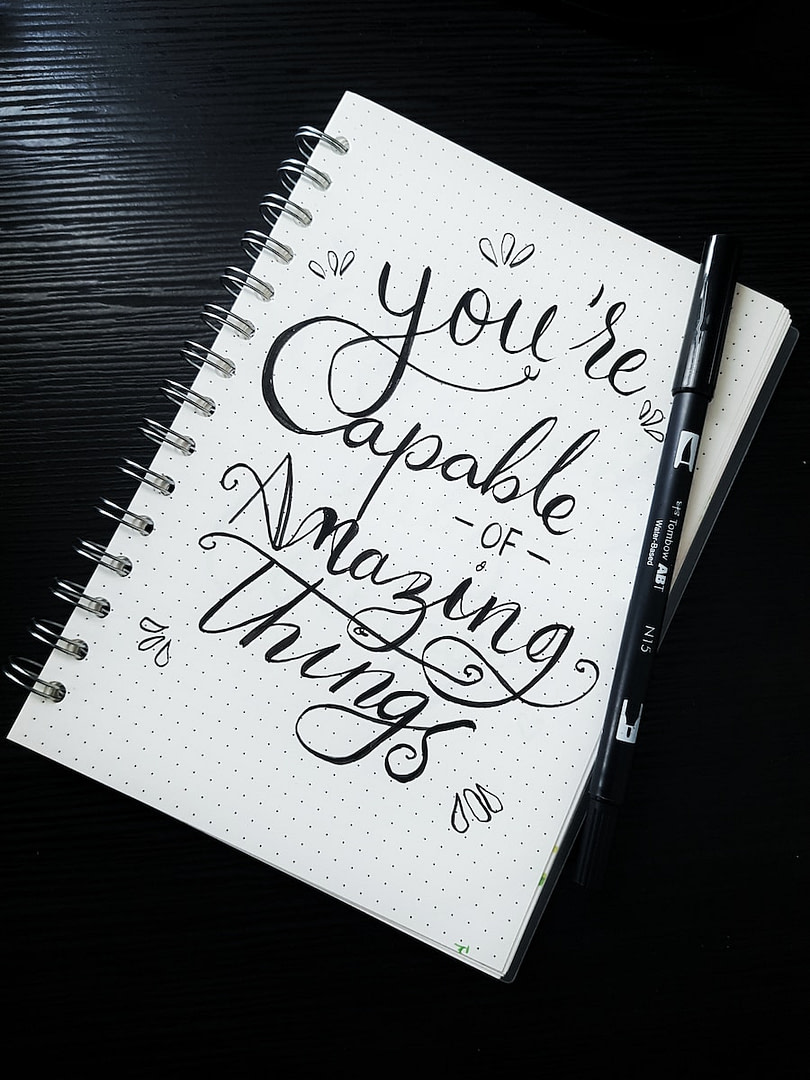If you have had a difficult time trusting yourself, it may be a sign that you lack not only self-trust, but self-confidence.
You cannot develop self-trust without self-confidence. You must feel secure in your abilities and be strong in your convictions but also know when you are wrong.
Building and maintaining a strong level of self-trust requires you to develop and increase your self-confidence.
That may seem scary to you – especially if you’ve never intentionally worked to build your self-confidence. You might have fallen victim to the misunderstood notion that having a high level of self-confidence means that you are conceited, and no one really wants to be described that way.
Building a higher level of self-confidence is okay, and it’s easier than you might think. No one is born with confidence. It is something people learn and develop during their lives. It’s the same for you.
Taking the steps to develop your confidence and trusting yourself will be easier when you combine consistent and intentional practice and effort.
Fear is the biggest detractor from confidence. When you give into your fears, you decrease your chances of building up your confidence, and make it harder for you to believe in yourself and your abilities. That is something that deepens if you don’t take cation and handle it quickly. You need to face your fears head-on, and not let them rule you
That doesn’t mean that you should throw caution to the wind and be reckless – no matter how challenged you feel by the concepts of self-trust and self-confidence, putting yourself at risk is not the answer.
You should take chances – but only if they won’t put your life or others’ lives in danger. You would not jump out of a plane without a parachute, right?
Don’t mistake frivolous decisions for a show of confidence, either. Confidence is about knowing the difference between a good but tough decision requiring your best effort and attempting something so far beyond you that you have little to no chance of coming through it unscathed.
Setting yourself up for disappointment and failure will not help you boost your self-trust or self-confidence, it will do the exact opposite.
Start with small tasks that you have been apprehensive about trying in the past. Most outcomes will turn out better than you imagine – especially if you focus on achievement instead of the fear of failure.
If you try to predict what will happen, and it is always a negative outcome, you will talk yourself out of making any decisions, even ones that will ultimately help boost your self-trust and self-confidence.
Take on those small tasks without thinking too much about what’s could happen or what’s going to happen. Take note of what goes well – and most of the time, you will succeed at those small tasks without working at it too hard. Make sure to note that as well, because that will build up your confidence as you’ve never seen before. Write down the successes in your personal journal, and remember to review those entries when you’re feeling less than confident.
You should ask questions when you aren’t sure about the situations you face, or can’t figure out a path forward. Confidence is not about having all the answers, it’s about ut knowing where to find them and who to rely on for the knowledge that you need. It’s alos about pulling the trigger when you have gathered enough information, as well as knowing what “enough” is.
Don’t get stuck in “analysis paralysis” – no one can know all the answers before taking that next step, but never taking a step forward means you’ll be stuck right where you are for the foreseeable future.
Confidence is about taking responsibility for your decisions and your actions. If you believe in what you are doing, you can express that belief to others affected by your decisions.
You will come across as being weak if you start blaming others when your situation doesn’t work out as planned. Once this happens, others will lose faith in you. That will cause your confidence to erode, and self-doubt will take over. When you make your decisions, you own them, even if they don’t always work out.
When you increase your self-confidence, you will automatically increase trusting yourself. Then, you can accomplish more than you ever imagined.
Affirmations to Increase Your Self-Confidence
Choose one or two of the following sample affirmations and if desired, rewrite them in language that resonates with you. Repeat the affirmation out loud several times each day, and use your personal journal to describe how repeating the affirmation makes you feel. Do you feel resistance to the statement? Why? Does the statement feel “right” to you? Explore why some statements might feel easy and other feel harder.
Continue your affirmation practice for 21 to 30 days, and note the difference in your mindset, emotions, and level of self-confidence as you continue.
- I am a go-getter and I can achieve my intentions and goals
- My motivation comes from within, and I have all that I need
- Believing in myself helps me feel invincible
- I am unstoppable
- I make the most of my talents






